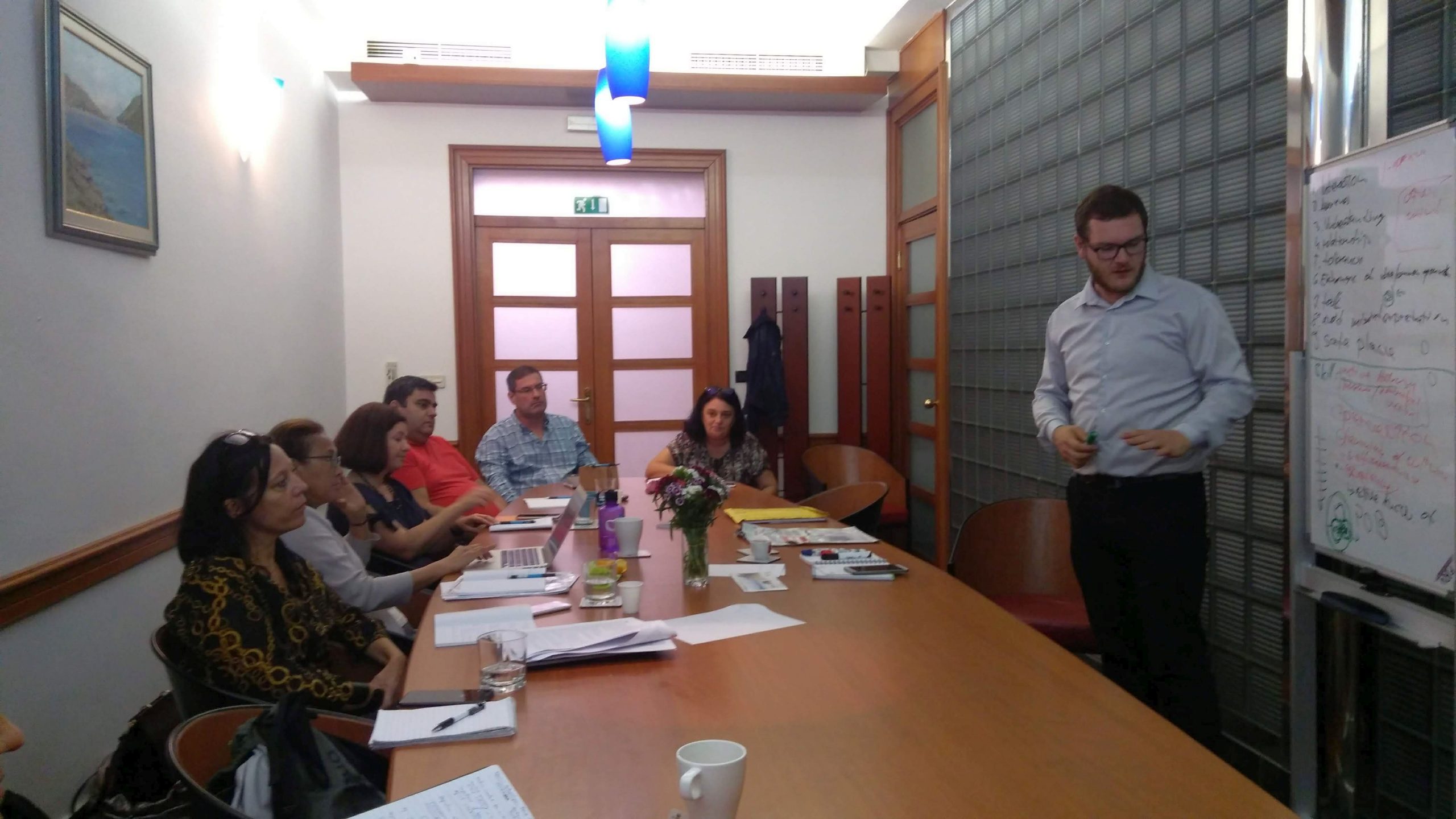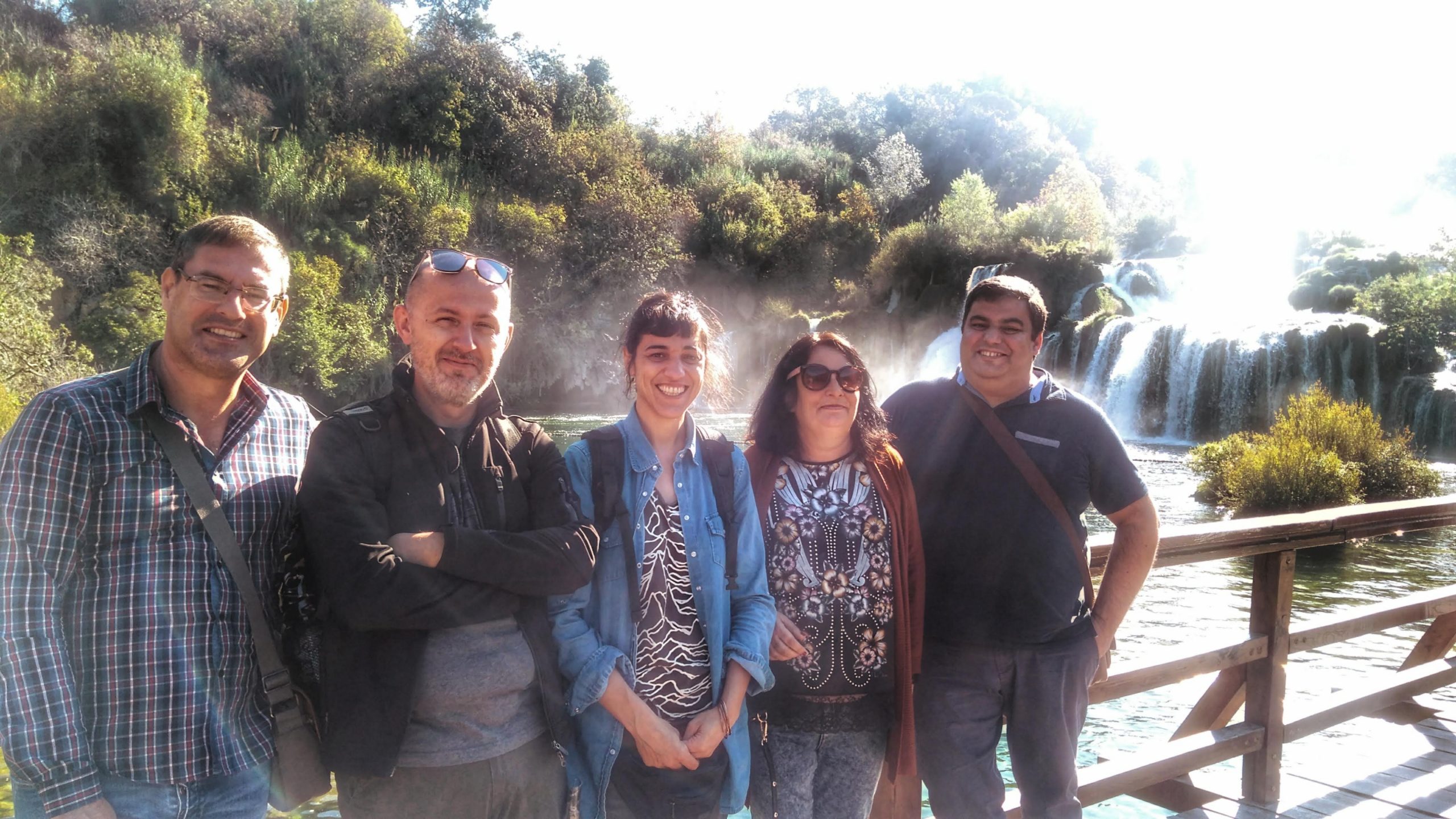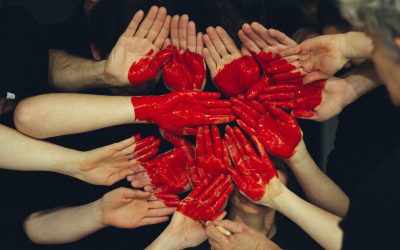NEWS
Intercultural Communication in Education
Bartosz Krupa
October 28, 2019
The ” Intercultural Communication in Education ” training took place from October 21 to 25, 2019 in the beautiful, sun-filled Split in Croatia, and the course was organized by Dorea Educational Instiute based in Limassol.
During five days, two groups of participants from European countries (Hungary, Sweden, Portugal, Spain, Romania, Estonia and Poland), representing different nationalities, not only European (because we had a very nice Japanese, as well as a resident of Brazil) tried to challenge the problem of interculturalism.
The group together with the trainer Luka Corić, began the first day of work with defining the definition of culture, which was to be the basis of work throughout the training period. This day, started a whole week of work, work in the Kolb cycle, for which not everyone was prepared.
On the first day, during the less formal part of the training, the teacher gathered our expectations and the first problem appeared – because each participant expected something different. Then we understood that it would not be easy, but we managed to work out a compromise.

The second and third days were devoted to developing communication skills that helped to gain compromise among participants. We wondered how beliefs affect the creation of stereotypes we use and how they affect the discriminatory attitudes we often face. We also learned how to deal with cultural differences in adult education.
The second and third days were devoted to developing communication skills that helped to gain compromise among participants. We wondered how beliefs affect the creation of stereotypes we use and how they affect the discriminatory attitudes we often face. We also learned how to deal with cultural differences in adult education.
The third day is also a report on homework, that is, discussing the texts given and familiarizing ourselves with the Hofstede’s five dimensions model.
The last days were highly practical, i.e. we were designing our own training that will talk about interculturalism. We also evaluated and gave feedback to the rest of the participants.
The course definitely gave me the theoretical basis for designing and conducting intercultural workshops, get me familiar with the work of Geert Hofstede, and above all allowed me to exchange experiences with people from other cultures, how to teach about interculturalism.

The course definitely gave me the theoretical basis for designing and conducting intercultural workshops, get me familiar with the work of Geert Hofstede, and above all allowed me to exchange experiences with people from other cultures, how to teach about interculturalism.
Projekt współfinansowany w ramach programu Unii Europejskiej Erasmus+ (Akcja 1 Mobilność edukacyjna, Mobilność kadry edukacji dorosłych, numer umowy 2018-1-PL01-KA104-049658).



